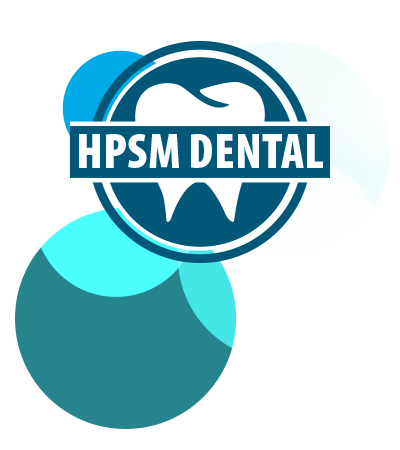Benefits of Dental Integration
By integrating medical, dental and mild-to-moderate behavioral health care services under one benefit plan, HPSM aims to improve our members’ health. There are several ways that dental integration enhances clinical outcomes.
Good oral health improves overall health
Studies show correlations between oral infections and chronic conditions (such as endocarditis, cardiovascular disease, pneumonia and birth complications). The fact that dental care can prevent or treat oral infections that may cause or worsen other diseases makes it an essential part of the health care matrix.
Similarly, other chronic conditions can negatively impact oral health (from diabetes and HIV/AIDS to osteoporosis and Alzheimer's disease). Patients with such diseases can especially benefit from regular dental care because they may have more oral health problems than the average person.
Dental issues can even contribute to behavioral health problems. Childhood speech disorders, or rotting teeth and bad breath at any age, may cause people to experience low self-esteem and social anxiety. Fixing these dental issues may resolve their associated behavioral symptoms.
Easier dental referrals increase access to care
Because of the bidirectional health impacts of oral disease, all types of providers (PCPs, specialists, and therapists) must be able to easily refer patients for dental care, and dentists must be able to easily refer patients for medical or behavioral health care. But most insurance plans separate dental benefits from medical care, often with one entity covering medical care while another covers dental, and yet another behavioral health. This maze of disconnected benefits can be difficult for patients to navigate and make it harder for providers to get patients the kind of care they need.
HPSM streamlines the referral process by:
- Covering multiple services under one health plan Integrating medical, dental and mild-to-moderate behavioral health care helps providers ensure that all our members’ health care needs are met.
- Having all types of providers in the same integrated network Whether a doctor wants to refer to a dentist or a dentist to a therapist, they can simply submit a Referral Authorization Form to HPSM. If a dentist needs to refer a one of our members to a specialty dental provider, they can call a dedicated HPSM Coordinator for help finding one.
- Making dental service referrals integral to our Care Coordination program This helps HPSM
Case Managers optimize members’ use of their benefits.
Dental integration increases utilization
Many of our members have not gotten adequate preventive dental care under Medi-Cal’s dental program (Denti-Cal) because they cannot find available dentists near them, or it takes too long to get an appointment. Managing dental benefits allows HPSM to increase our members’ dental benefit utilization by giving them access to a comprehensive provider network that includes a full range of general dental practitioners and specialists. We are building a robust dental network by offering higher rates than Denti-Cal and streamlining administrative procedures for our providers, including authorizations and claims processes.
Having enough available network providers to meet our members’ needs also allows us to more proactively promote our dental care benefit. We are doing this through a strategic communications campaign that:
- Educates members about the importance of getting preventive dental care.
- Informs members that they now have easier access to dental providers.
- Encourages members to choose a dental provider and schedule an initial appointment.
We expect this campaign will increase utilization of dental benefits and therefore improve our members’ oral health and overall well-being.
Apply to the HPSM Dental network
If you have any questions about becoming an HPSM Dental network provider, please email [email protected]
